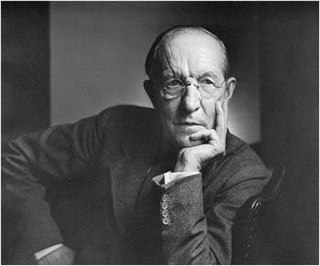A Quote by Manmohan Singh
The Indian economy grew at 5.5 percent, but if you look at the last 30 years - for example, 1960 to 1985 - the progress made by East Asian countries was phenomenal. In a single generation they had been able to transform the character of their economy. They were able to get rid of chronic poverty.
Related Quotes
If we had 3 percent growth, which is what we're trying to get to, what we're at, by the way, right now, we're trying to maintain that 3 percent growth. If we had been at 3 percent growth over the last ten years, the budget very nearly would be balanced in 2017. That's how big a difference it makes when you grow the American economy that additional 1 percent over ten years.
We are unique among advanced countries that we don't have universal health care. My hope was that I was able to get a hundred percent of people health care while I was president. We didn't quite achieve that, but we were able to get 20 million people health care who didn't have it before. And obviously some of the progress we made is now imperiled because there's still a significant debate taking place in the United States. For those 20 million people, their lives have been better.
There has been a vigorous acceleration of health, resource and education programs designed to advance the role of the American Indian in our society. Last Fall, for example, 91 percent of the Indian children between the ages of 6 and 18 on reservations were enrolled in school. This is a rise of 12 percent since 1953.
I think most people don't really understand all that it takes to stand on your toes, and to be able to jump and land without any noise, or for a male dancer to be able to lift a girl. All of these things look so effortless, but there's an attention to detail and years of training, as well as being able to transform into a character and being able to meld all of those things together.
Every generation thinks things are happening that have never happened before. Every generation of people thinks we're in the last days. Every generation's filled with pessimists. But when you have the Millennials generation, a majority of which have never had a job - you might even be able to put the period there: "Have never had a job, period" - or never had a job in a healthy economy.
We have made a huge amount of progress over the last 50 years by enabling trade, by enabling kind of collaboration and learning. And actually, in fact, when you look at your average 30-year-old today, they're much better off than a 30-year-old 20 years ago, 30 years ago, because of progress in technology and health care and all the rest of this.
Today, you have 20 percent of the world controlling 80 percent of the Gross Domestic Product; you've got a $30 trillion (US) world economy, and $24 trillion of it is in the developed countries... These inequities can't exist. So if you are talking about systemic breakdown, I think you have to look in terms of social breakdown.










































